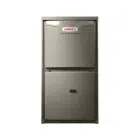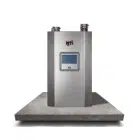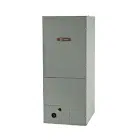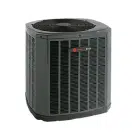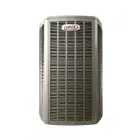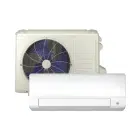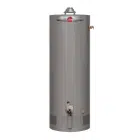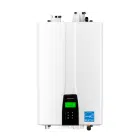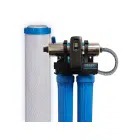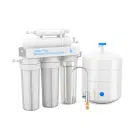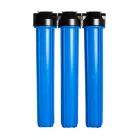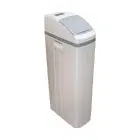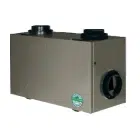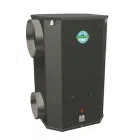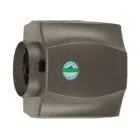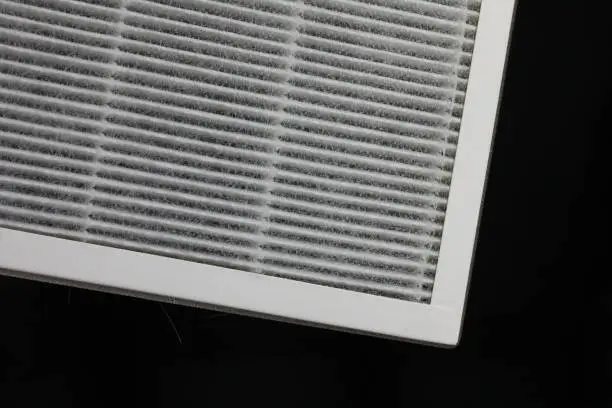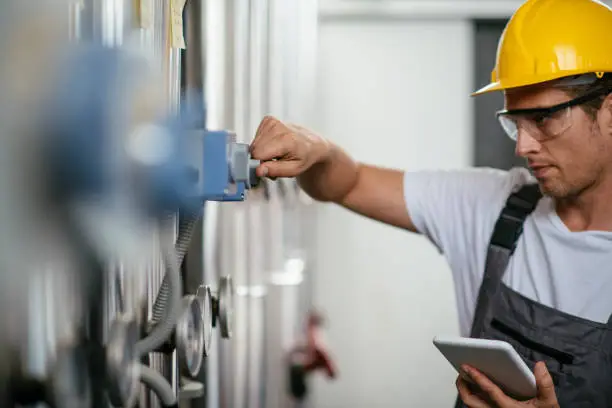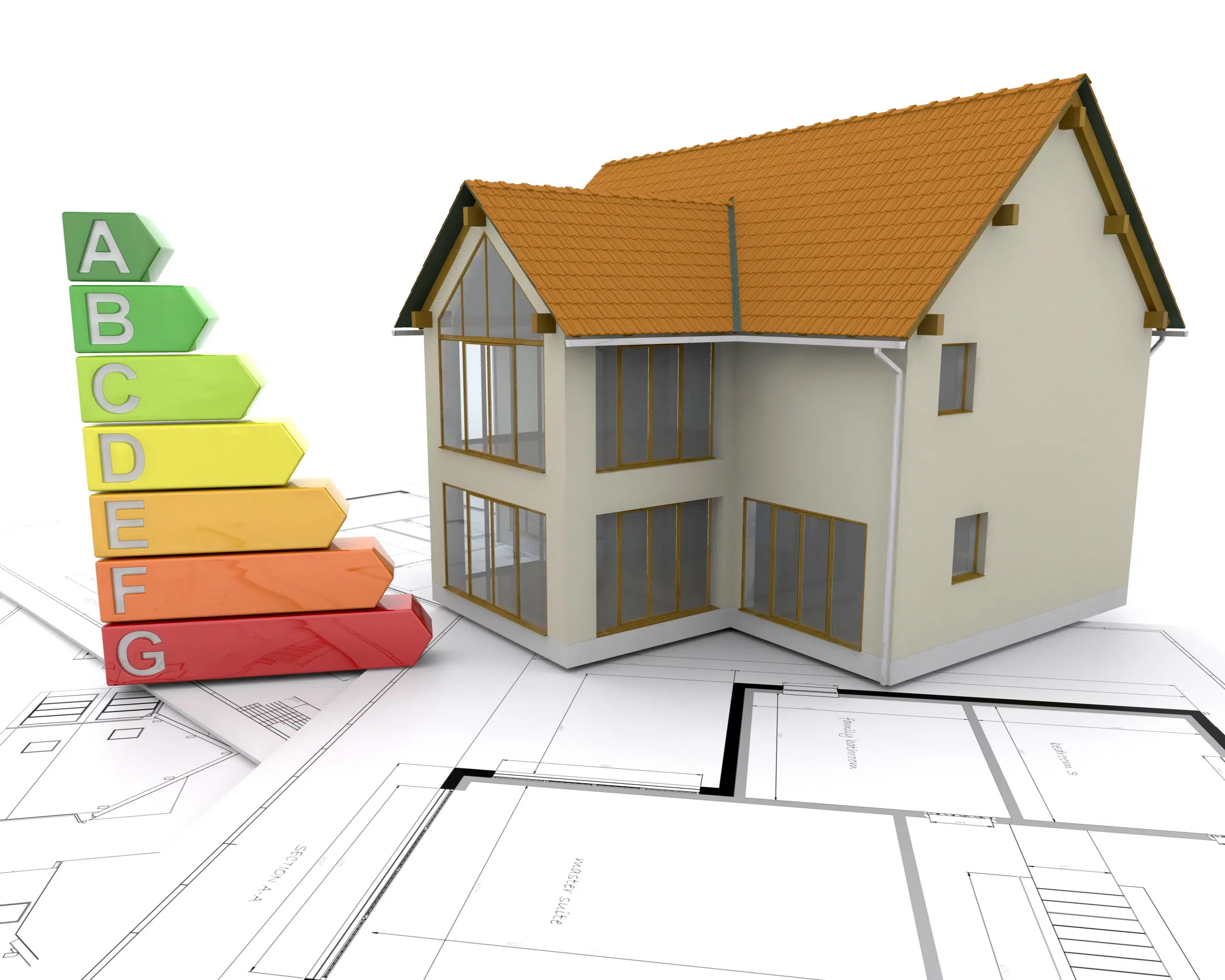
Table of Contents
In today’s world, where environmental consciousness and cost-efficiency are paramount, understanding and implementing energy-saving measures in our homes has never been more crucial. At HVAC Service Solutions, we are dedicated to helping Canadian households achieve this. With a focus on both innovative technology and simple, everyday practices, we aim to guide you through effective strategies to reduce your energy consumption and bills. This article will unveil practical energy-saving tips that are easy to implement and highly beneficial in the long run.
Why Energy Efficiency Matters
Energy efficiency is not just a buzzword; it’s a critical component in the fight against climate change. By adopting energy-saving tips and practices, households significantly reduce their carbon footprint. Efficient use of energy means less reliance on fossil fuels, leading to lower greenhouse gas emissions. This is vital for preserving our environment for future generations.
Energy savings are great for your wallet too. Implementing energy-efficient practices can lead to substantial reductions in utility bills. For instance, according to Natural Resources Canada, making energy-efficient upgrades can save households up to 20% on their energy bills annually. That’s a significant amount of money that can be better spent elsewhere or saved for future needs.
Enhancing your home’s energy efficiency also means improving the overall comfort and livability of your space. Efficient heating, cooling, and ventilation contribute to a more consistent and comfortable indoor climate, free from drastic temperature fluctuations or excessive humidity.
Find out how to find the most energy-efficient home heating systems for your Canadian house via the link below.
14 Energy-Saving Tips to Save Your Budget
Before we delve into our energy-saving tips, it’s essential to understand the impact of our daily choices on both our energy bills and the environment. Each step we take towards energy efficiency not only contributes to significant energy savings but also plays a vital role in reducing our ecological footprint. In this section, we will explore 14 practical and effective strategies to enhance your home’s energy efficiency.
Regular HVAC Maintenance
One of the most effective energy-saving tips is to regularly maintain your HVAC system. A well-maintained system operates more efficiently, consumes less energy, and has a longer lifespan. This includes cleaning or replacing filters, professional duct cleaning, checking for leaks, and ensuring all components are in good working order.
Upgrade to Energy-Efficient HVAC Systems
Upgrading to an energy-efficient HVAC system is a smart investment. Modern systems are designed for optimal efficiency, meaning they use less energy to heat and cool your home. This upgrade not only contributes to energy savings but also enhances the overall comfort of your living space.
Did you know that you can save up to $7800 by upgrading to a more energy-efficient HVAC system with Government Rebate Programs in Ontario? Check the details via the link below.
https://thehvacservice.ca/how-to-save-money-with-hvac-government-rebates-in-ontario/
Smart Thermostats
Integrating a smart thermostat into your home is a forward-thinking energy-saving tip. These devices learn your schedule and adjust the heating and cooling of your home accordingly. By ensuring your HVAC system operates primarily when needed, a smart thermostat can lead to significant energy savings.
Energy-Efficient Lighting

Switching to energy-efficient lighting, such as LED or CFL bulbs, is an effective energy-saving tip. These bulbs use significantly less energy and generate less heat compared to traditional incandescent bulbs, contributing to reduced energy usage and lower cooling needs.
Seal and Insulate
Properly sealing and insulating your home is key to preventing energy loss. Check for drafts around windows, doors, and any other openings. Adding insulation to walls, attics, and basements can dramatically reduce heating and cooling needs, leading to notable energy savings.
Energy-Efficient Windows
Replacing old windows with energy-efficient models is a transformative step towards better thermal regulation. Energy-efficient windows minimize heat loss in winter and reduce heat gain in summer, significantly lowering the demand on your HVAC system and contributing to overall energy savings.
Use of Window Treatments
Window treatments such as blinds, drapes, or shutters can play a vital role in energy conservation. During summer, they block out sunlight, reducing heat gain, and in winter, they help retain warmth. This simple adjustment is an effective energy-saving tip that also adds to the aesthetic appeal of your home.
Proper Ventilation
Ensuring your home is well-ventilated, especially in areas like the attic, is essential for maintaining energy efficiency. Good ventilation prevents excessive heat buildup during summer and moisture accumulation in winter, both of which can strain your HVAC system.
Programmable Timers and Zoning
Using programmable timers and zoning in your HVAC system is a smart way to optimize energy use. By heating or cooling only the areas in use, and setting timers to match your schedule, you can achieve significant energy savings without sacrificing comfort.
Regularly Change or Clean Filters
A simple yet crucial energy-saving tip is to regularly clean or replace your HVAC filters. Dirty filters make your system work harder, leading to increased energy consumption. Clean filters maintain system efficiency and improve indoor air quality.
In addition to regular filter maintenance, consider our professional duct cleaning services. Our comprehensive duct cleaning services ensure that your HVAC system operates at peak efficiency, further enhancing energy savings and improving the overall air quality in your home.
Use Ceiling Fans
A Calgary hospital implemented portable air purifiers in patient rooms and reported a 25% decrease in airborne bacterial and viral particles. This intervention was particularly significant in reducing the spread of infections among patients with compromised immune systems and contributed to shorter hospital stays.
Reduce Heat Sources
Minimizing internal heat sources during summer can help reduce cooling demands. Avoid using heat-generating appliances like ovens or dryers during the hottest part of the day. Opt for outdoor grilling or use microwave ovens, which generate less heat. This practice not only contributes to energy savings but also helps maintain a more comfortable indoor temperature
Water Heating Efficiency
Improving your water heating efficiency can lead to significant energy savings. Consider insulating hot water pipes and using an energy-efficient water heater. Lowering the water heater temperature to a suitable level can also save energy without impacting comfort.
Monitoring Energy Usage
Utilizing energy monitors is a smart way to keep track of your home’s energy consumption. These devices can help you identify areas where you can improve efficiency and reduce waste, making them a valuable tool in achieving energy savings.
Incorporating these 14 energy-saving tips into your daily life can lead to substantial improvements in your home’s energy efficiency and a reduction in energy costs. Remember, small changes can make a big difference. By implementing even a few of these strategies, you contribute to a more sustainable future while enjoying a more comfortable and cost-effective home.
How HVAC Service Solutions Can Help Improve Energy-Efficiency in Your Home?
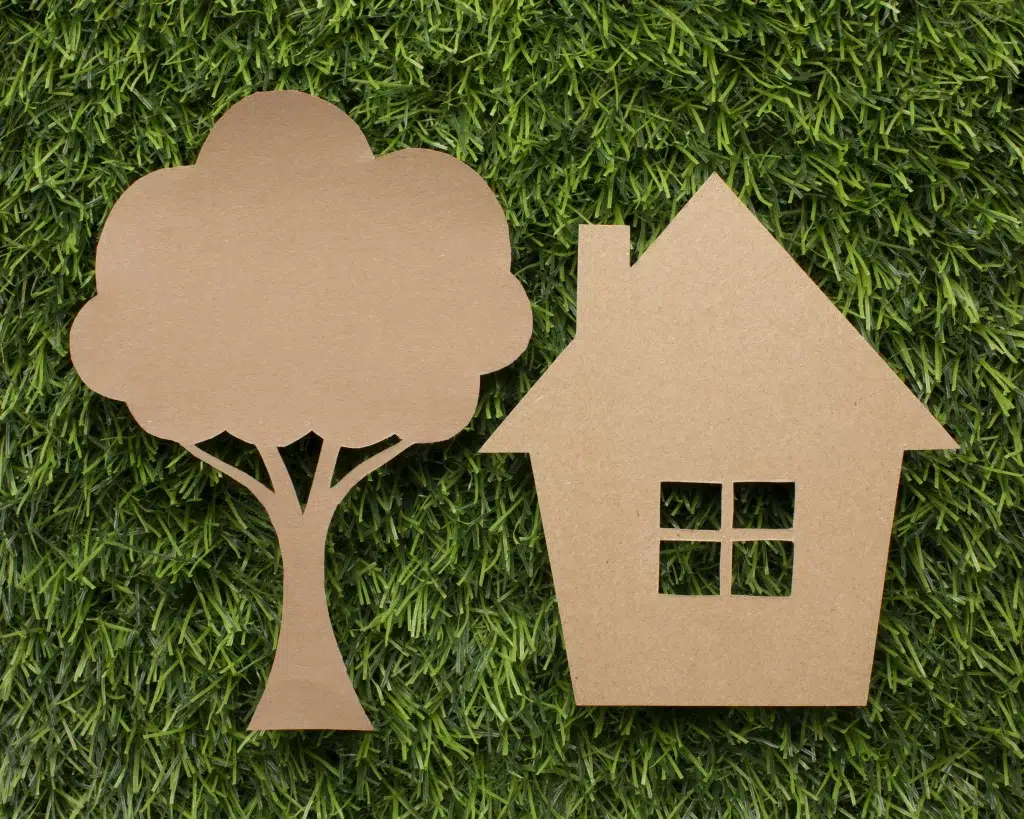
At HVAC Service Solutions, we align our services with these energy-saving practices. Our expertise in modern, efficient HVAC systems, smart thermostat installation, and comprehensive home energy audits ensures that you have the best solutions to achieve significant energy savings. Our team of professionals is dedicated to helping you implement these tips effectively, ensuring your home is not only more energy-efficient but also more comfortable and environmentally friendly.
Conclusion
In conclusion, adopting these 14 energy-saving tips can profoundly impact your home’s efficiency and your energy bills. Each step, from regular HVAC maintenance to monitoring your energy usage, plays a crucial role in achieving a sustainable, cost-effective, and comfortable living environment.
If you’re looking to enhance the energy efficiency of your home, our team at HVAC Service Solutions is here to help. Contact us today for a consultation, and let’s work together to make your home more energy-efficient, comfortable, and cost-effective. Start your journey towards significant energy savings now!
FAQs
What are some simple energy-saving tips for my home?
Simple and effective energy-saving tips include replacing traditional incandescent light bulbs with LED or CFL bulbs, which use up to 90 percent less energy and last longer. Utilizing smart power strips can also cut down on ‘phantom loads’ – the energy consumed by electronics when they are turned off but still plugged in. Regular maintenance of your HVAC system, particularly cleaning or replacing air filters, ensures efficient operation and reduced energy usage. These simple changes can lead to significant reductions in your energy bills and environmental footprint. Read more tips in our article.
How can smart thermostats help in saving energy?
Smart thermostats are a technological advancement in home energy management. These devices can learn your schedule and temperature preferences, automatically adjusting your home’s heating and cooling to optimize energy use. For instance, they reduce heating or cooling when you’re asleep or away. Some models can also provide maintenance reminders, such as when to change air filters, or alert you to HVAC system problems, further improving efficiency. The use of a smart thermostat could save approximately 8 percent on heating and cooling bills, making it a worthwhile investment for energy-conscious homeowners.
Are energy-efficient appliances worth the investment?
Investing in energy-efficient appliances can lead to significant savings over time. Although the initial purchase price might be higher than standard appliances, the reduced operational costs make them cost-effective in the long run. For example, Energy Star-certified appliances consume less energy, with some models like efficient clothes washers using about 20 percent less energy. When shopping, look for the Energy Star label as a guarantee of lower energy consumption and check both the purchase price and the estimated annual operating cost to make an informed decision.
Can upgrading windows improve home energy efficiency?
Upgrading to energy-efficient windows is a significant step towards improving home energy efficiency. Heat gain and loss through windows can account for 25 to 30 percent of residential heating and cooling energy use. Double-pane windows, low-e storm windows, and energy-efficient coatings can reduce this thermal transfer. These windows not only decrease heating and cooling demands but also enhance comfort by maintaining a consistent indoor temperature. Look for the Energy Star and National Fenestration Rating Council (NFRC) labels when shopping for energy-efficient windows.
What is the impact of water heating on energy use?
Water heating is a major component of household energy use, contributing significantly to energy expenses. To reduce these costs, consider using less hot water, lowering the water heater’s thermostat setting, and insulating the water heater and the first six feet of hot and cold water pipes. Energy-efficient water heaters, like heat pump water heaters, can offer substantial savings. An Energy Star-certified heat pump water heater, for instance, can save a family of four approximately $550 per year compared to a standard model.
How does weatherizing my home save energy?
Weatherizing your home by sealing air leaks is an effective way to reduce heating and cooling expenses. Common sources of air leaks include vents, windows, and doors. Sealing these leaks with caulk and weather stripping can prevent unwanted airflow, enhancing the efficiency of your heating and cooling systems. Additionally, weatherizing prevents moisture problems and improves overall comfort. Simple techniques like caulking and weather stripping offer a fast return on investment, often within a year.
Is it beneficial to upgrade my HVAC system for energy efficiency?
Upgrading to an energy-efficient HVAC system can significantly cut your energy bills. Energy Star-certified heating and cooling equipment, such as heat pumps or high-efficiency natural gas furnaces, can greatly improve efficiency. Additionally, ensuring your ventilation system is properly sealed and insulated can reduce heating and cooling costs by up to 20 percent. Regular maintenance by HVAC Service Solutions and timely upgrades are crucial for keeping your HVAC system running at peak efficiency.
How does using natural light contribute to energy savings?
Maximizing the use of natural light in your home reduces the need for artificial lighting, thereby saving energy. Positioning workspaces near windows and using light-colored walls and surfaces to reflect natural light can significantly decrease electricity consumption during daytime hours. Additionally, energy-efficient window treatments that manage light and heat contribute to reducing heating and cooling demands, further enhancing energy savings.
What role does insulation play in home energy efficiency?
Proper insulation is critical for maintaining a home’s energy efficiency. Insulation in walls, attics, and basements reduces the exchange of heat through the building envelope, minimizing the need for heating in winter and cooling in summer. Effective insulation results in less strain on HVAC systems, leading to reduced energy consumption and lower utility bills. It also contributes to a more comfortable and consistent indoor climate throughout the year.
Are there any simple behavioral changes that can lead to energy savings?
Simple behavioral changes can make a notable difference in energy consumption. Washing clothes in cold water, for instance, significantly reduces energy use compared to hot water cycles. Using smaller kitchen appliances like toaster ovens for small meals instead of the conventional oven can save energy. Dressing appropriately for the weather and adjusting thermostat settings accordingly can also lead to energy savings. These small changes, when adopted consistently, can contribute to a noticeable reduction in your home’s energy footprint.
Share
